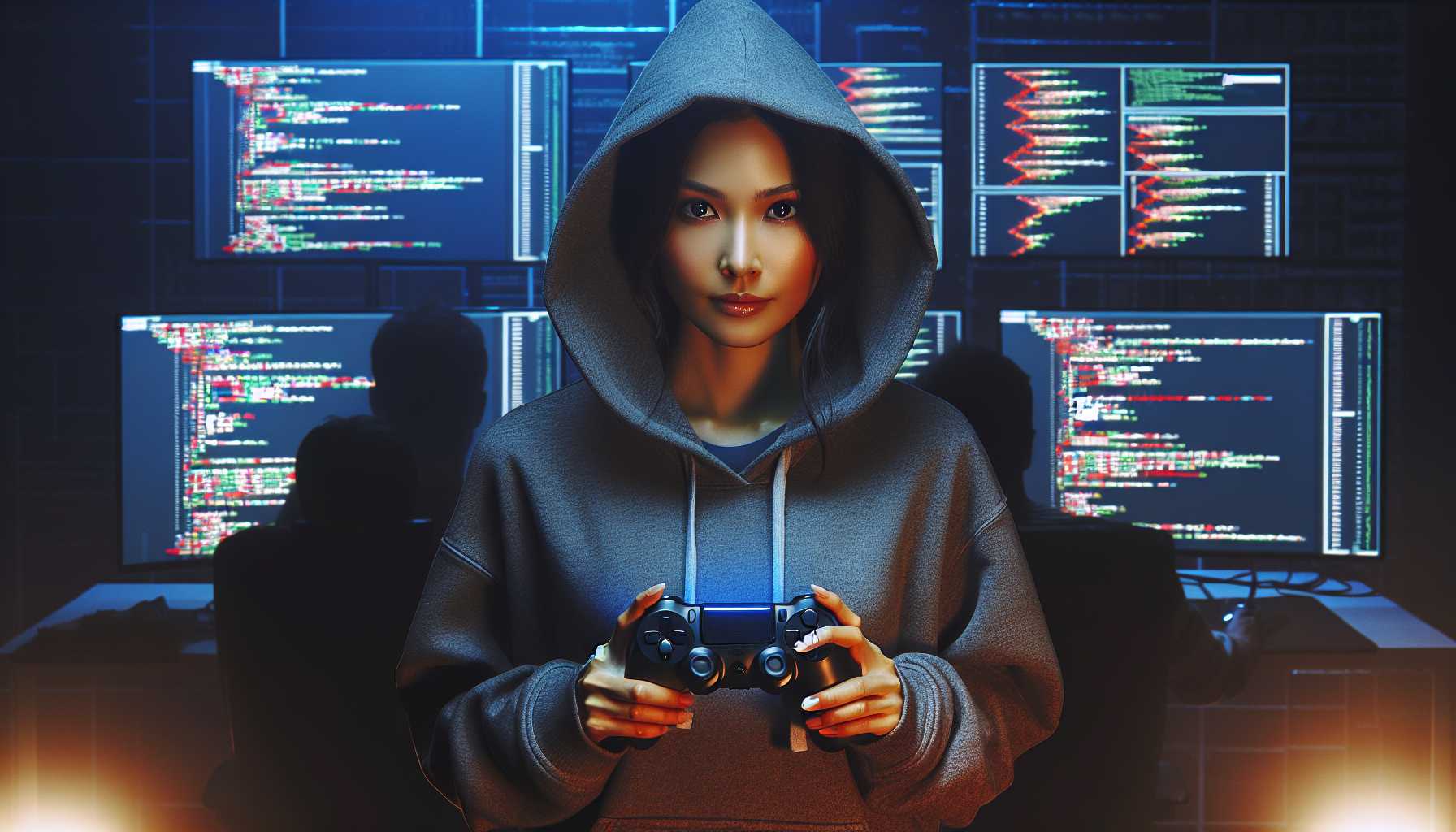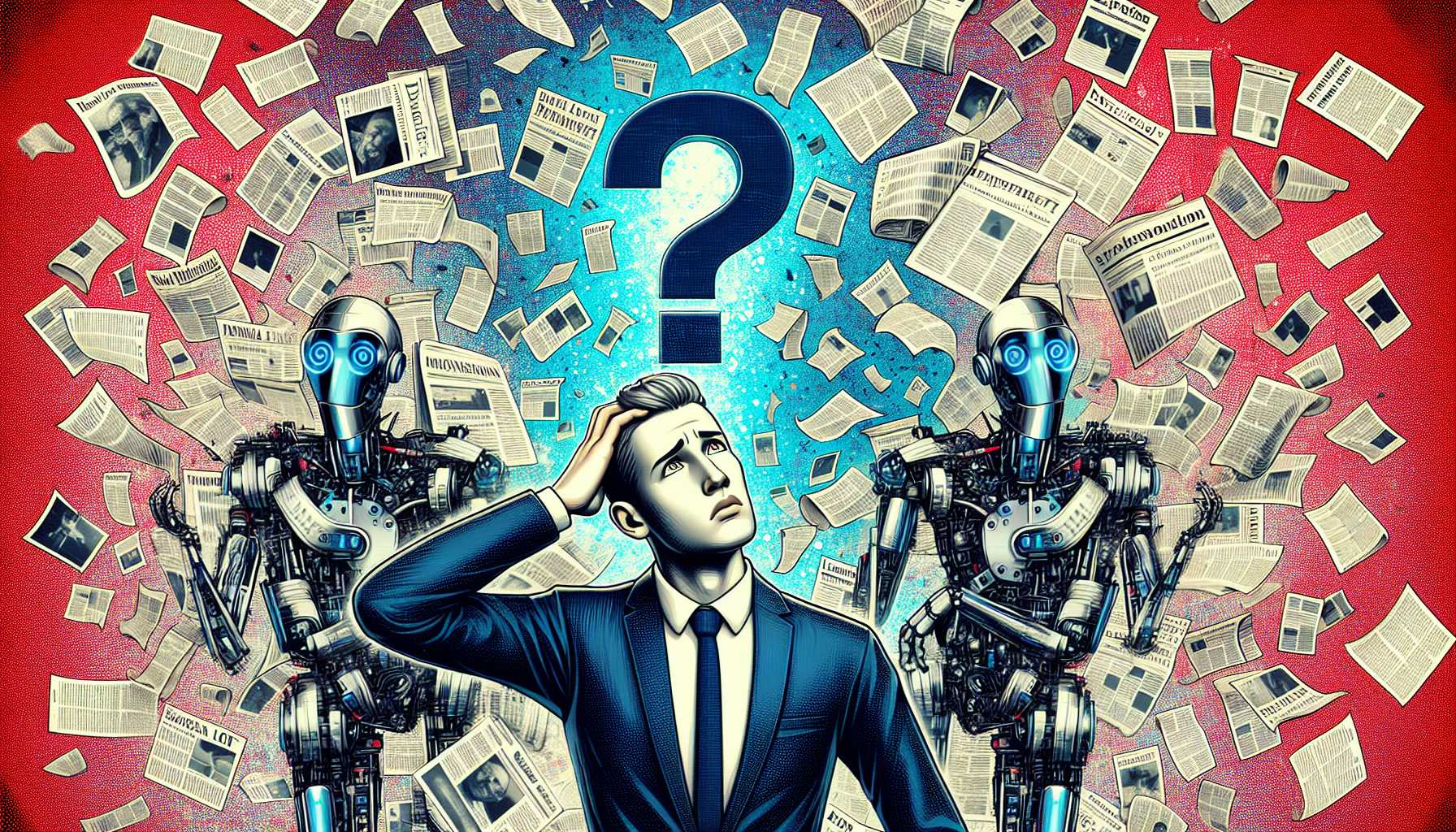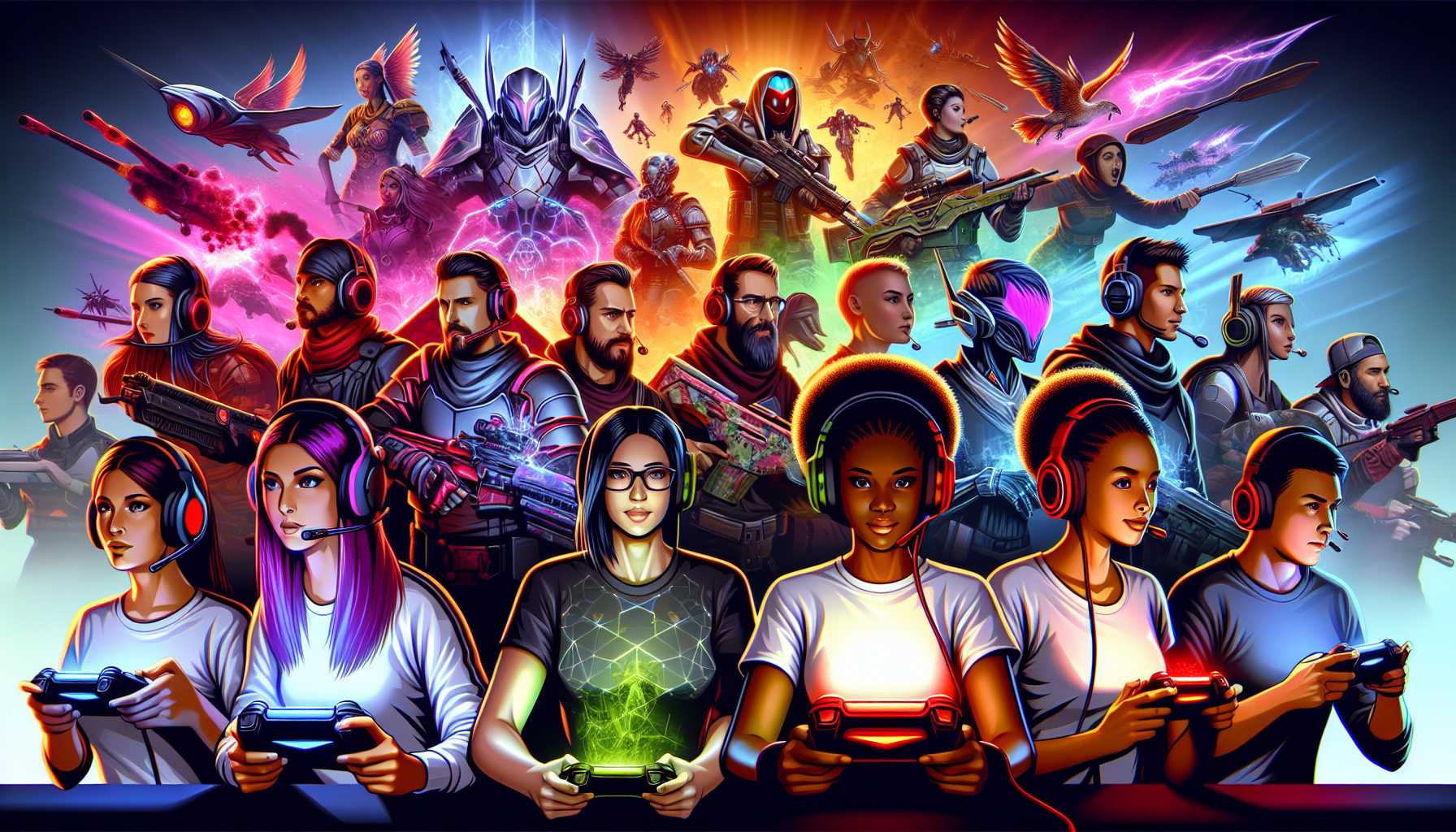The Security Breach Heard ‘Round The World
In the high-stakes world of esports, integrity is everything. So when the otherwise ordinary Sunday in the Apex Legends Global Series turned extraordinary, the digital tremors could be felt far and wide.
Picture this: prominent streamers deep in combat, viewers on the edge of their seats, and suddenly—Boom!—they’re hacked, live for the world to see. “I’m getting hacked, bro, I’m getting hacked,” exclaimed one player, in the throes of competitive battle when the unthinkable happened. Mid-game cheats, not less!
As a tech enthusiast and an advocate for robust cybersecurity, I find this breach not just alarming but a stern reminder of the virtual tightrope we walk upon. This wasn’t just a jab at the streamers; it was a sucker punch to the tournament’s very soul, forcing an indefinite postponement and leaving a $5 million prize pool hanging in the balance.
The moral of this story? Every digital fortress, no matter how fortified, is only a hack away from chaos.
A Hacker’s Mischief or a Call to Action?
When tech mischief meets savvy, you get Destroyer2009—the self-proclaimed digital disruptor behind the hack. His raison d’être was unsettlingly simple: fun and the urge to see vulnerabilities fixed.
But here’s where things get nuanced. Destroyer2009, crafty as a fox, has chosen circumspection over disclosure, guarding the secret to his shocking intrusion until the developers patch up the game. In the tech world, that’s our cue to nod in grudging respect.
The hacker claims his stunt’s target—a doomsday-level exploit—was designed with no real malice. Yet, this highlights a concerning glitch in the matrix of gaming security. Is “fun” a justification for forced reflection on game security practices?
As an advocate for proactive tech solution-seeking, this episode is a stark reminder that it’s better to build bridges before the flood arrives.
Unpacking the Copyright Conundrum in AI’s Playground
From the gaming chair to the court chair, we swing the spotlight to the heated tussle between Google and France’s competition authority over—as fate would have it—copyrights and the AI model Bard/Gemini.
As the fines rain down like confetti in the shadow of a €250 million judgement, the debate gets meatier than a Sunday roast. So, what’s Google’s Achilles heel this time?
News snippets, the same tidbits that make headlines zing, are at the crux of Big Tech’s latest pickle. Essentially, the authority reckons Google fell short of its commitment to news publishers by training its AI with content akin to picking apples without asking the orchard owner.
As someone with a front-row seat to the tech ley lines, I perceive this as a broader saga of text and data mining—where the lines between fair game and foul play become increasingly fuzzy. One thing’s clear: in the AI-generated content renaissance, the brushstrokes of creativity and copyright need a delicate balance.
The Delicate Dance of Demographics in Gaming
If Deloitte’s study were a lighthouse, it would be casting beams on the vast, often uncharted gender dynamics of gaming. It turns out nearly as many women are flexing their joysticks as men, yet a shadow looms large—bullying, the troll under the bridge dissuading many from the multiplayer escapades.
As a techie with a leaning toward inclusivity, Deloitte’s findings feel like unearthing a treasure map where X marks a potential goldmine of opportunity. Ensuring a safe space could rattle those loot boxes wide open. After all, almost 70% of female gamers lean towards simpler games on mobiles, an audience segment ripe for the tapping.
But let’s not forget the potential storm in a teacup, stirred by unintentional misinformation—like Sweet Baby’s alleged “wokification” of gaming. Gaming, it seems, is the bedrock upon which these winds of change blow fiercest. It’s a reminder that the avatar you support in battle might be more multifaceted than the pixels display.
Building a Future Free From Digital Piracy
As tech narratives go, Nintendo’s is as absorbing as the games it crafts. Our attention zeroes in on their plight against emulation and premature game leaks. With releases like ‘Princess Peach: Showtime!’ surfacing on piratical shores before official launch, the echoes of digital piracy grow louder.
For Nintendo, it’s like the arcade game Whack-a-Mole—the minute one emulator is bashed into oblivion, a new contender springs up. Steel yourself for the reality: in a world where software emulation is as common as a Mario power-up, Nintendo’s battle feels Quixotic.
But there’s a silver lining. Nintendo’s relentless strikes against emulation may not deter the seasoned hacker but certainly give pause to the average Joe seeking to sample gaming glory without paying his dues.
In sum, as we lift our tech telescopes to survey these poignant tales, the panoramic view underlines a digital ecosystem rife with challenges—ethical, legal, and societal. If this were a game, it would be the ultimate boss battle, and we’d surely need to level up our strategies to win.





